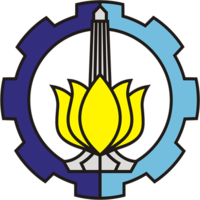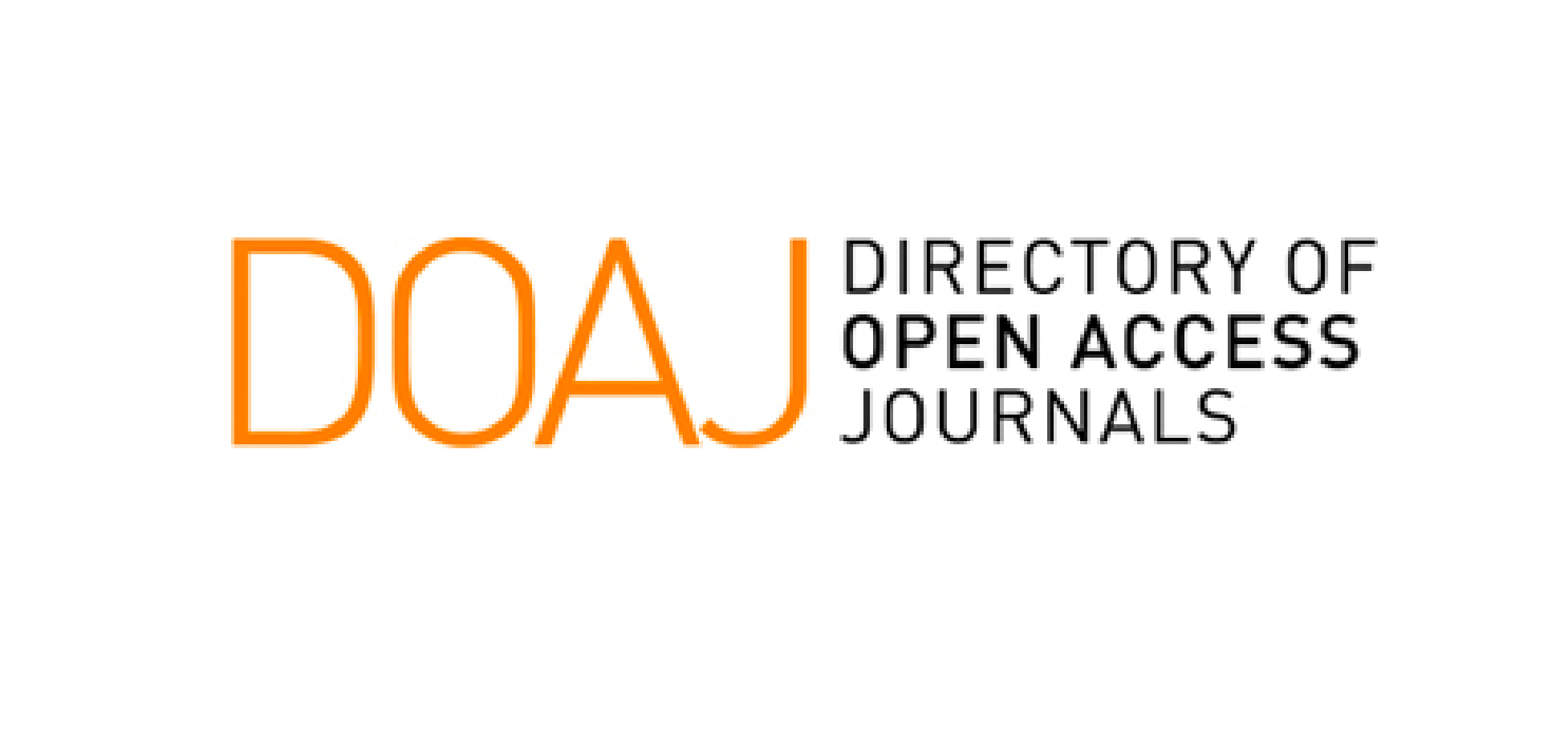FOSTERING QUALITY TEACHERS UNDER THE SETTING OF INDONESIAN CLASSROOMS
Abstract
Being a teacher could be committed by anyone who has the passion in teaching, so that any situations in reality would not hamper him from the struggle to be a good teacher. Classroom is the laboratory for the teachers for their personal development. Students from whom the teachers can learn are their other assets. If an unfortunate system keeps going without any authority from the side of the teacher to change, being a quality teacher should still become teachers’ efforts to realize.
Keywords
Full Text:
PDFReferences
Azer, S.A., (2005),The qualities of a good teacher: how can they be acquired and sustained?.Journal of the Royal Society of Medicine. Vol: 98, 67-69
Cherian, F. 2007. Learning to Teach: Teacher Candidates Reflect on the Relational, Conceptual, and Contextual Influences of Responsive Mentorship. Canadian Journal of Education, 30 (1), 25-46
Dewey, J.1933. How we Think. New York: DC Health
Ingvarson, L and Chadbourne, R (eds). 1994. Valuing Teachers’ Work: New Directions in Teacher Appraisal. Melbourne: Department of Education and Training.
McCaughtry, N, Kulinna, PH, Cothran, D, Martin, J, and Faust, R. 2005. Teachers Mentoring Teachers: a View over Time. Journal of Teaching in Physical Education, 24, 326-343.
McLaughlin, MW, and Pfeifer, RS. 1988. Teacher Evaluation: Improvement, Accountability and Effective Learning. New York: Teachers College Press.
McNamara, G, and O’Hara, J. 2009. Trusting Schools and Teachers: Developing Educational Profesionalsm through Self-evaluation. New York: Peter Lang.
Schön, DA. 1983. The Reflective Practitioner: How professionals Think in Action. New York: Basic Book
Schön, DA. 1987. Educating the Reflective Practitioner: Toward a New Design for Teaching and Learning in Professions. San Francisco and London: Jossey-Bass Publishers.
Walkington, J (2005) Mentoring Preservice Teachers in the Preschoool Setting: Perceptions of the Role. Australian Journal of Early Childhood, 30 (1),28-35
Wehmeyer, ML, and and Field, SL. 2007. Self-Determination: Instructional and assessment Strategies. Thousand Oaks: Corwin Press.
Zulfikar, Teuku. 2009. The Making of Indonesian Education: An Overview on Empowering Indonesian Teachers. Journal of Indonesian Social Sciences and Humanities Vol.2, 2009, pp.13-39.URL:http://www.kitlv-journals.nl/index.php/jssh/index
Website
Connell, R., 2009. Good teachers on dangerous ground:towards a new view of teacher qualityand professionalism. http://www.tandfonline.com/loi/rcse20. Retrieved 10 November 2013.
Daud, ZBM (2009). Mempertanyakan efesiensi UN. Retrieved 1-05-2013, from http://id.acehinstitue.org
Jamil, H, Nordin, A. Razak., Reena, R. and Abdul RM. .“ Teacher Professional Development in Malaysia: Issues and Challenges” last retrieved on 10 December 2013
Khalifa, S (2009). UN, formalitas nasional yang irrasional. Retrieved 1-05-2013, from http://id.acehinstitute.org
Lie, A (2004). Tujuan akhir nasional: kesenjangan kekuasaan dan tanggung jawab. Retrieved 15-09-2009, from http://www.komunitasdemokrasi.or.id
Oey-Gardiner, M (2005). Ujian Nasional: Mengukur standar mutu atau ‘UUD’ Retrieved 15-10-2013, from http://www.ihssrc.com
Soaloon, BT (2009). Dusta ujian nasional. Retrieved 23-10-2014, from http://id.acehinstitute.
DOI: http://dx.doi.org/10.12962/j24433527.v6i1.613
Refbacks
- There are currently no refbacks.
This work is licensed under a Creative Commons Attribution 4.0 International License.







